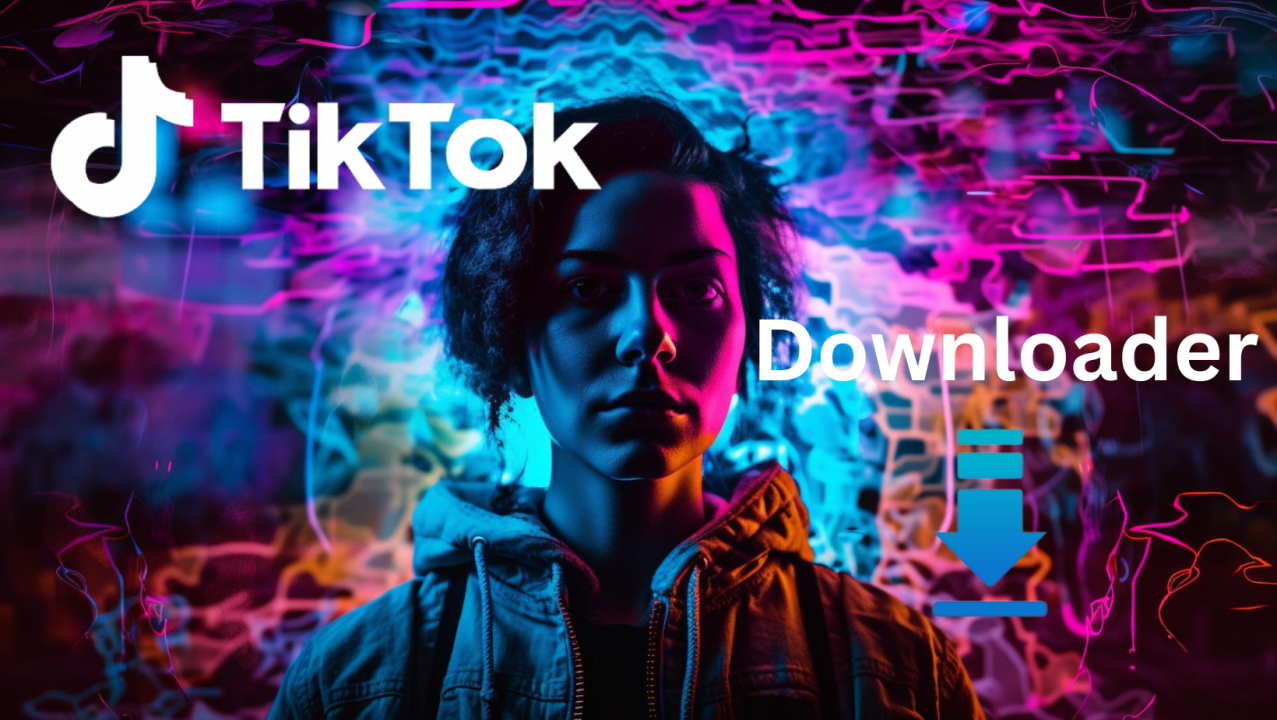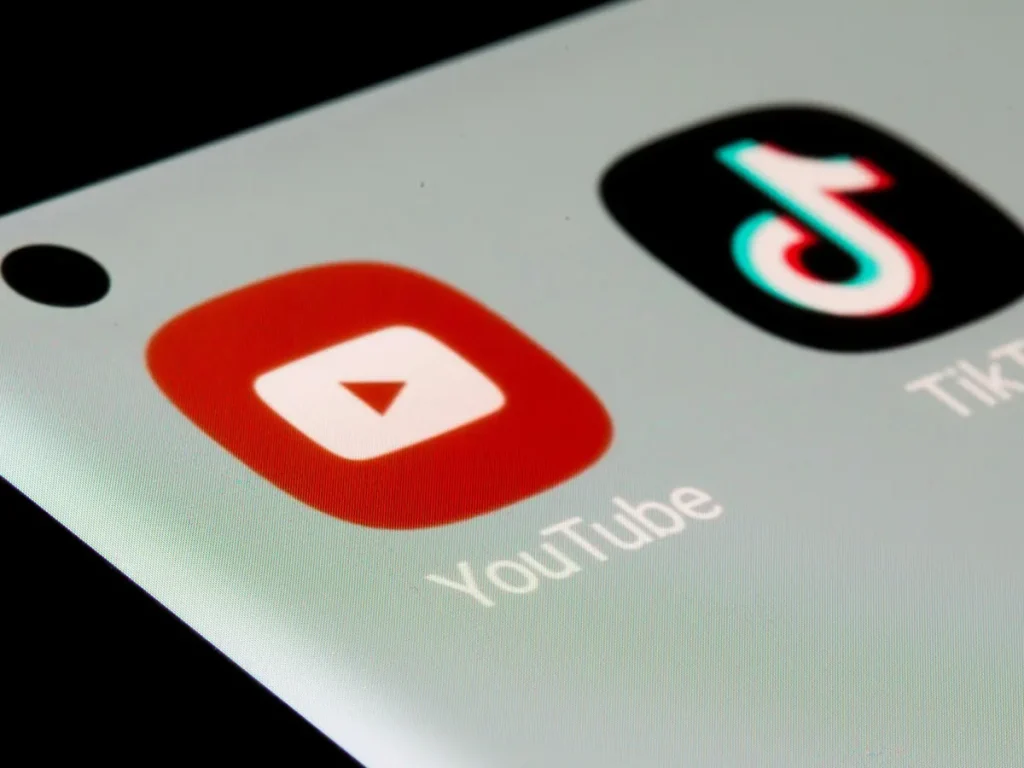
Navigating the Legal Landscape: Exploring the Legality of TikTok Downloaders
In the fast-paced realm of social media, TikTok has emerged as a powerhouse platform, captivating millions with its short-form videos and dynamic content. With its popularity skyrocketing, users have sought ways to preserve and share their favorite TikTok videos beyond the platform’s constraints. This has led to the proliferation of TikTok downloaders – tools and software designed to extract and save TikTok videos for offline viewing. However, the legality of such downloaders remains a subject of debate and contention, raising questions about copyright, intellectual property rights, and digital ethics.
At the heart of the matter lies the issue of copyright infringement. TikTok, like any other social media platform, operates under a set of terms and conditions that govern the use and distribution of its content. These terms typically grant TikTok ownership of the content uploaded by its users, while also stipulating the rights of creators to their own material. When users employ downloaders to save TikTok videos without proper authorization, they may run afoul of these terms and infringe upon the rights of content creators.
One of the key arguments in favor of TikTok downloaders https://tikd.cc/en/ is the concept of fair use. Proponents argue that users should have the right to download and share TikTok videos for purposes such as criticism, commentary, research, or educational use. They contend that restricting access to TikTok content undermines the principles of free speech and expression. However, the application of fair use principles in the context of TikTok downloaders is complex and subject to interpretation, often leading to legal ambiguity.
Furthermore, the legality of TikTok downloaders may vary depending on jurisdiction. While some countries have robust fair use provisions that afford greater flexibility in accessing and repurposing digital content, others have stricter copyright laws that heavily favor content creators and platforms. This creates a patchwork of regulations and enforcement mechanisms that further complicates the legal landscape surrounding TikTok downloaders.

Another consideration is the impact of TikTok downloaders on the platform’s ecosystem and business model. TikTok relies on user-generated content to drive engagement and attract advertisers, making the protection of intellectual property rights crucial for its sustainability. Unauthorized downloading and distribution of TikTok videos not only undermine the platform’s efforts to monetize content but also deprive creators of potential revenue streams through likes, shares, and endorsements.
In response to these challenges, TikTok has taken steps to address the issue of unauthorized downloading. The platform has implemented technological measures to deter or prevent users from using third-party tools to save TikTok videos. These measures range from encryption and digital rights management to algorithmic detection and takedown procedures. Additionally, TikTok has ramped up its efforts to educate users about copyright laws and promote responsible content sharing practices.
However, the effectiveness of these measures remains debatable, as TikTok downloaders continue to proliferate across the internet. Moreover, the cat-and-mouse game between platform developers and downloader creators underscores the broader tensions between technological innovation and legal compliance in the digital age.
In conclusion, exploring the legality of TikTok downloaders reveals a complex and multifaceted issue at the intersection of technology, law, and ethics. While proponents argue for the rights of users to access and share TikTok content freely, concerns about copyright infringement and intellectual property rights loom large. As social media platforms grapple with these challenges, finding a balance between innovation and regulation will be essential to ensuring a fair and equitable digital ecosystem for all stakeholders involved.